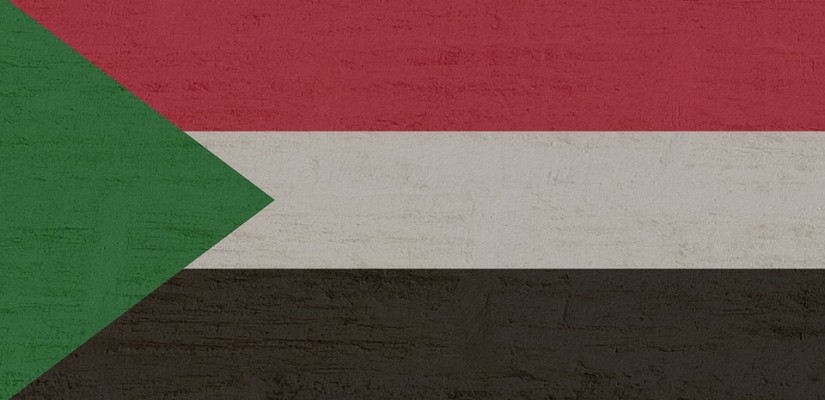
On July 31, 2019, Sudan’s paramilitary, known as the Rapid Support Forces (RSF), seized ousted president Omar al-Bashir’s former headquarters in Khartoum. Bashir’s rule, which spanned three decades, dissolved on April 11, 2019, when the Sudanese Armed Forces removed Bashir from power. The coup was preceded by months of protests, in which civilians called for Sudan’s adoption of democratic initiatives, including plans that would allow the country to ultimately hold elections. Since then, the RSF and security forces have waged a brutal campaign to suppress unarmed demonstrators. Many have been injured, raped or killed. Khartoum is now plagued by looting, and military checkpoints have been established throughout the city. In June, the RSF effectively created an “internet blackout” in Sudan by suspending mobile data, which prevented civilians from accessing information, broadcasting local developments and communicating with international news outlets or other organizations.
Borne of the Janjaweed militias, which committed extensive crimes against civilians in Darfur, the RSF has also been involved in exacerbating humanitarian crises elsewhere in the world. Given this, the RSF’s installation in Khartoum is especially concerning. Indeed, Sudan’s further descent into intrastate conflict presents security risks for the region and places additional pressure on aid groups, which are attempting to deliver much-needed food, water, and healthcare to an already at-risk population.
